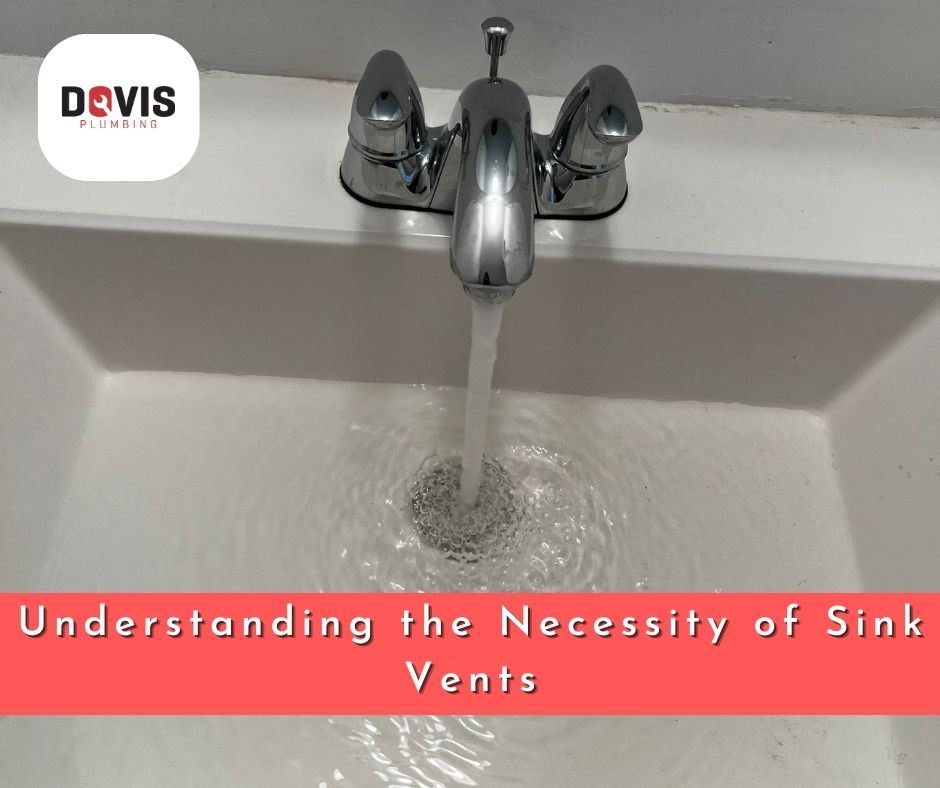Introduction
If you've ever wondered whether your Homes kitchen sink needs a vent, the resounding answer is yes. Beyond mere plumbing intricacies, sink vents play a pivotal role in maintaining a functional and safe drainage system. Let's delve into the why's, the signs of poor ventilation, and the potential dangers of neglecting this crucial aspect of your plumbing.
Why All Kitchen Sinks Need Vents
Your Homes kitchen sink in Miramar FL requires a vent within its piping system. This isn't about the hood over your stove; it's a vital component preventing sewer gas from infiltrating your home. The vent equalizes pressure within the pipes, ensuring air can mix with water, preventing the formation of a vacuum.
Consequences of Poor Ventilation
1. Drainage Issues:
Without proper venting, your Homes sink in Miramar FL won't drain effectively. This isn't just an inconvenience; it can lead to the entry of sewer gases into your home.
2. Health Hazards:
Exposure to sewer gases isn't just unpleasant; it can cause illness and, in extreme cases, prove fatal. Recognizing the signs of poor ventilation is crucial for your well-being.
Signs of Poor or No Ventilation
1. Bubbles in Toilet Bowl:
An unusual presence of bubbles in the toilet bowl can indicate your sink is seeking air from alternative sources due to inadequate venting.
2. Empty Toilet Bowl:
Improper ventilation can result in a lack of pressure, causing water not to refill properly in the toilet bowl after flushing.
3. Foul Odor from Drains:
Sewer gases, if not contained, may release unpleasant odors from your sink drains.
4. Slow Drainage:
A common symptom of a sink without proper venting is slow drainage, even in the absence of visible clogs.
5. Gurgling Sounds:
Unusual gurgling noises from sinks, bathtubs, or toilets suggest restricted airflow, making it challenging for water and waste to flow smoothly.
Dangers of Inhaling Sewer Gas
According to the International Association of Certified Home Inspectors (InterNACHI), sewer gases pose a range of dangers, including:
1. Hydrogen Sulfide Poisoning:
Even in small amounts, hydrogen sulfide can cause eye irritation, dizziness, nausea, and, at higher levels, pulmonary edema and sudden death.
2. Asphyxiation:
The replacement of oxygen by sewer gases in your home can lead to symptoms like dizziness, nausea, headache, and suffocation.
3. Fire and Explosion:
Components of sewer gas, such as methane and hydrogen sulfide, are highly flammable and explosive, presenting a significant risk to your home.
Understanding the critical role of ventilation in your kitchen sink is not just about plumbing; it's about safeguarding your home and health. Neglecting proper venting can lead to a cascade of issues, from unpleasant odors to potential health hazards. Stay informed, stay safe, and ensure your kitchen sink is well-ventilated for a trouble-free home.






